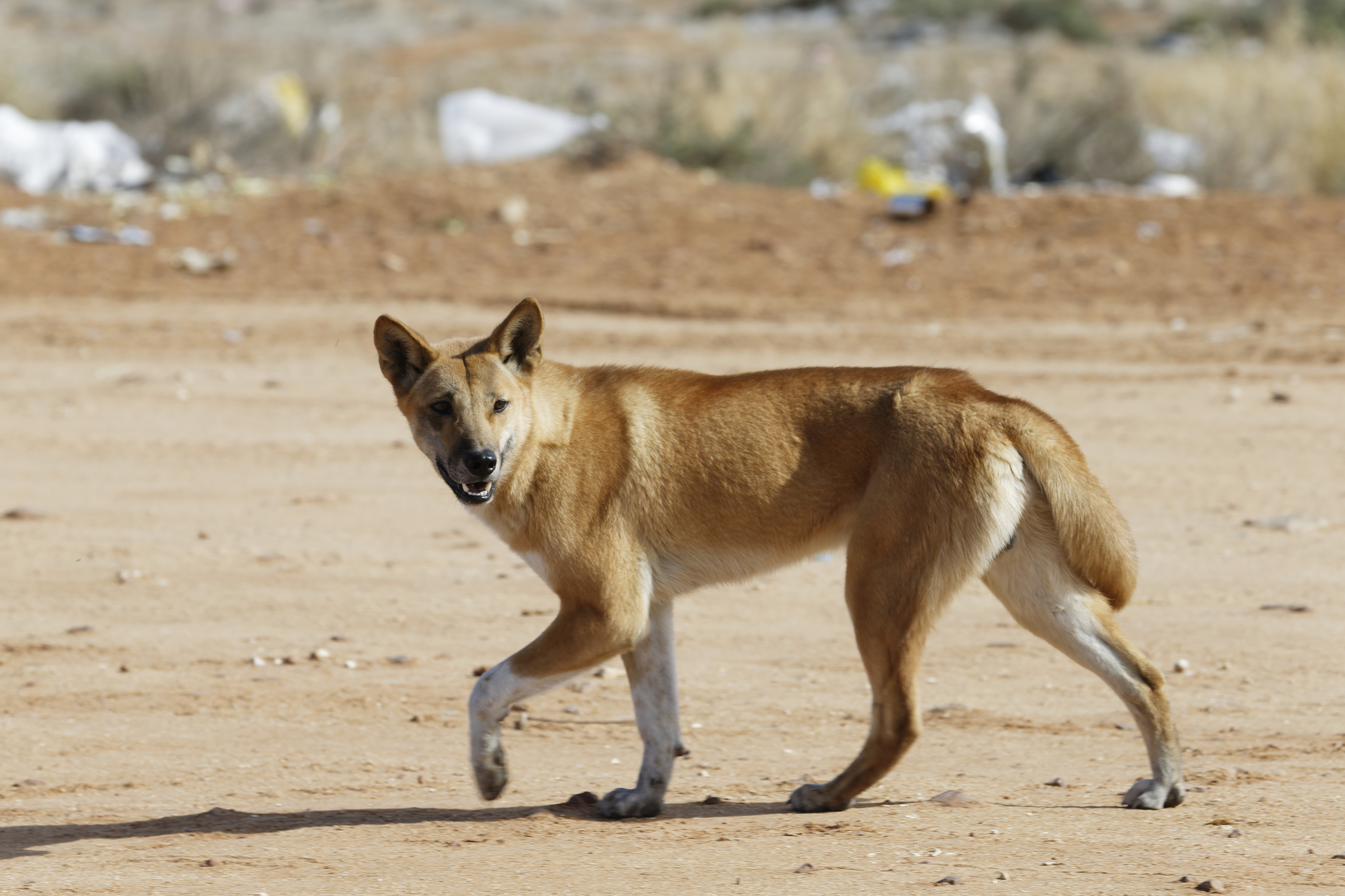Five hours south of Sydney, in the high country of south-east New South Wales, Glenbog State Forest sits quietly on the edge of the escarpment. At first glance, it looks like many other native forests. But Glenbog is not just any forest. It is one of the few remaining high-elevation “cloud forests” in southern NSW. These are places where geography...
More than forty years since the global moratorium on commercial whaling was adopted, it is justly regarded as one of the most important conservation and animal protection measures of all time. By most estimates it’s saved hundreds of thousands of whales from the harpoon and prevented the extinction of several species and population groups.
We’ve never let up in our efforts to defend the moratorium. It’s come under attack again and again at the International Whaling Commission and in other contexts. And this week and next, we’re defending it again at the 68th meeting of the IWC in Portorož, Slovenia, where the determined campaign of Japan and its allies at the IWC to subvert the moratorium and other conservation measures continues. Japan is one of just three remaining countries that still allow commercial whaling; the others are Norway and Iceland, but Iceland has signaled its intent to end commercial whaling by 2024.
Japan is no longer even a member of the body, having withdrawn from the IWC in 2019, but it exerts its influence through allies and proxies, including some nations that have benefitted from Japanese foreign aid and subsidies over the years.
The current effort aimed at overturning the moratorium is framed in terms of marine-based food security. It’s classic misdirection, using a legitimate global concern as a justification for whaling, which does nothing to improve food security, and certainly not for the nations advancing the measure. These nations could better spend their time working to curb illegal, destructive and unsustainable fishing practices, within relevant global forums and treaty organizations.
It’s irresponsible of Japan to misdirect the country delegations down this path when the nations of the world should really be focusing their energies on a unified agenda for conservation of whales and other marine species. Since the ban on commercial whaling was implemented in 1986, most nations that were previously engaged in commercial whaling have successfully transitioned to whale watching for ecotourism revenue, which depends on healthy whale populations. Moreover, whales contribute to productive oceans and healthy fish stocks as ecosystem engineers, who, among other services, can help mitigate climate change because their enormous bodies lock up tons of carbon during their lifetimes, taking it out of the atmosphere. After they die, their bodies distribute nutrients back into the oceans.
Japan’s latest attempts at subversion of the global moratorium take place against the backdrop of a budgetary crisis that threatens the future of the IWC itself. Of course, member nations should pay their dues and maintain their standing as voting parties. But it is just as important that they invest in the IWC’s future by supporting its increasing commitment to whale conservation initiatives worldwide.
There is so much good we can do through the IWC. Since 2001, on both sides of the Atlantic have championed the creation of a South Atlantic sanctuary, a vital breeding and calving area that would protect whales and their habitats. It would be good not only for whales, but for local communities that stand to gain so much from responsible whale watching and other ecotourism. Species such as humpbacks, southern right whales and more, inhabit the southern Atlantic, and these populations are still recovering from decimation due to the intensive commercial whaling of previous centuries. The sanctuary’s establishment will do so much to ensure that these whale species recover and thrive.
We’re also working to get the IWC to align with the European Union’s recent resolution to support international negotiations on a global plastics treaty. Not only can ingestion of and entanglement in plastic kill animals directly, but plastic can also restrict animals’ mobility and reduce their growth and reproduction. An estimated 13 million tons of plastic enter the oceans each year, affecting approximately 68% of cetacean species. There are documented cases of plastic ingestion in at least 57 of the 90 known cetacean species (63.3%).
A recent European Parliament Resolution, on ocean governance and biodiversity, includes specific recommendations concerning whales, and we hope to see the IWC express its support for that measure as well.
Killing cetaceans, who are long-lived, slow to reproduce and impacted by a growing number of anthropogenic threats such as climate change, plastic pollution and fisheries by-catch, simply doesn’t make any sense in the 21st century. Instead, promoting healthy populations of whales can provide financial benefits, and therefore increased food security, to communities reliant on whale watching income.
The preservation of the global moratorium on commercial whaling has a strong personal dimension for me, for I have been campaigning to save the whales since my childhood. Our team won’t ever stop, and I know we’re not alone. That we have to defend it at all is sometimes difficult to comprehend because there are so few whaling nations left and so little real support for commercial whaling in the world. But it’s a real concern, and a fight we must be ready to wage, because the stakes could not be higher.


